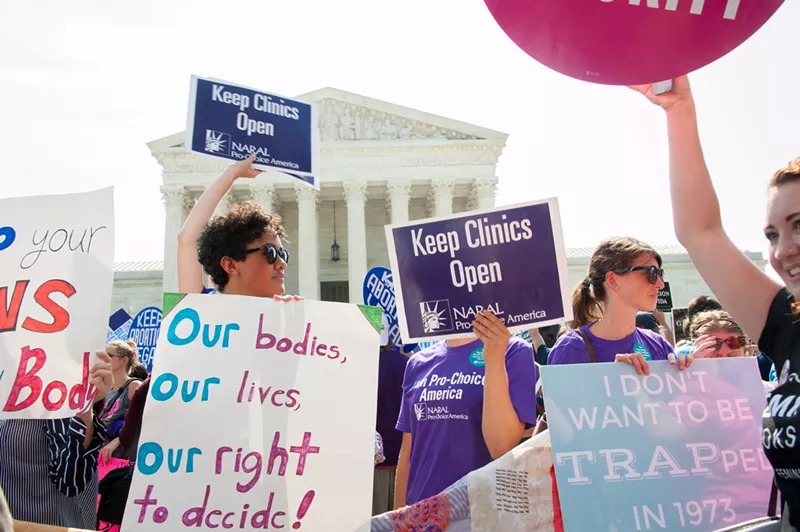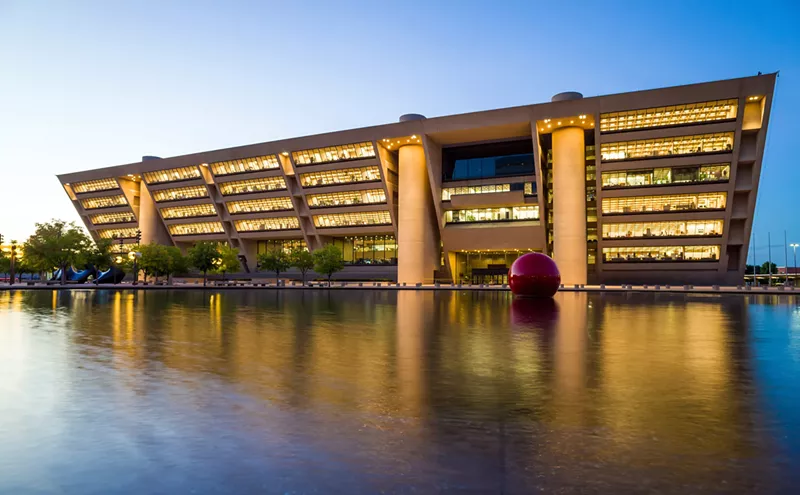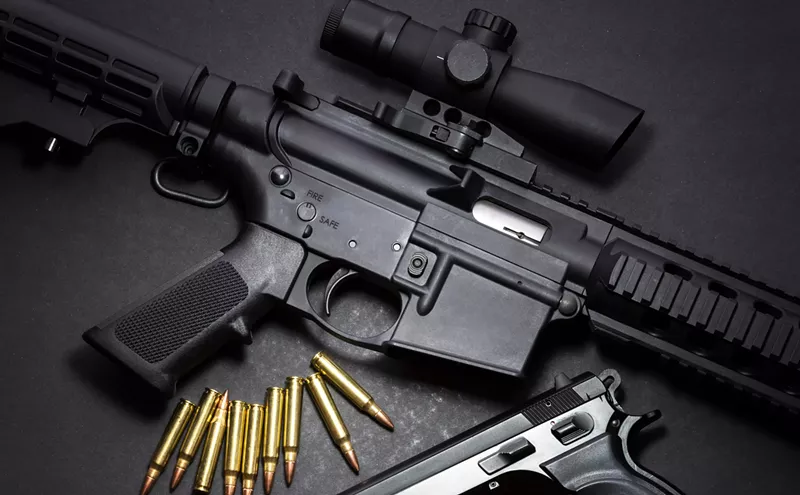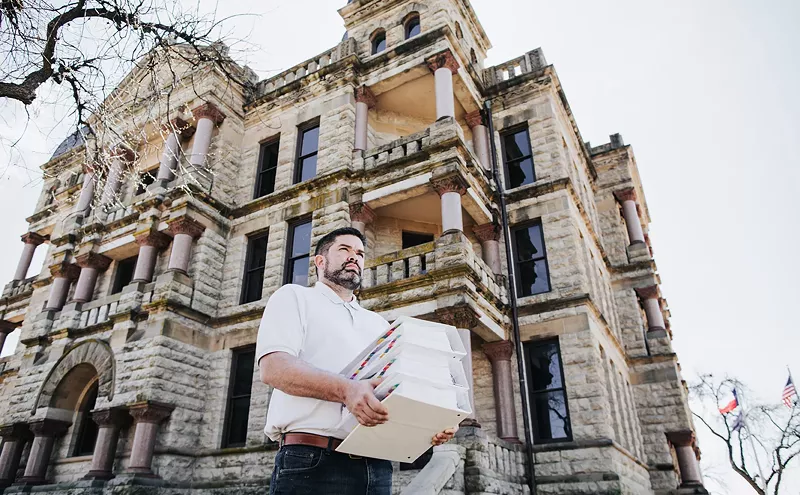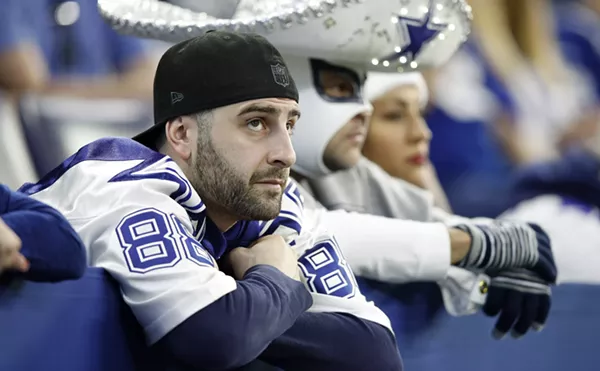Proponents of the law, including the office of Texas Attorney General Ken Paxton, argue that it ensures the dignity of fetal remains by making sure that they aren't discarded into a landfill like other types of medical waste. Opponents of the law, including the abortion providers and advocacy groups that have sued the state over its implementation, say the state's dignity argument is meant to obscure the law's actual purpose — limiting abortion access by increasing costs to providers and patients.
In his ruling, Ezra, appointed to the bench by President Ronald Reagan, wrote that he sees evidence in support of the argument.
"Evidence suggests the [state's] purported interest — 'express[ing] the state's profound respect for the life of the unborn by providing for a dignified disposition of embryonic and fetal tissue remains' — may be a pretext for restricting abortion," Ezra wrote."Evidence suggests the [state's] purported interest ... may be a pretext for restricting abortion." – U.S. District Judge David Ezra
tweet this
Even if Paxton and the Texas legislators who passed the law are acting in good faith, Ezra said he isn't sure showing respect for fetal tissue is a legitimate state interest.
"There is no precedent showing expressing respect for the unborn by restricting [fetal tissue] disposal after the potential for life no longer exists is a valid state interest," Ezra wrote.
Ezra gave both sides in the case 10 days to agree on a trial date. Paxton said in a statement Monday that his office remains committed to fighting for the fetal burial requirement despite Monday's ruling and a similar decision last year that struck down Texas Gov. Greg Abbott's attempt to create a similar rule administratively rather than through the legislative process.
“Texas values the dignity of the remains of the unborn and believes that fetal tissue should be disposed of properly and humanely,” Paxton said. “My office will continue to fight to uphold the constitutionality of the new law, which simply prevents fetal remains from being treated as medical waste.”
Ezra's decision is the second to block a portion of Texas' Senate Bill 8, the state's wide-ranging 2017 anti-abortion law. In November, U.S. District Judge Lee Yeakel blocked a portion of the law that would've banned the safest and most common procedure for second-trimester abortions statewide. Paxton has appealed Yeakel's decision to the 5th U.S. Circuit Court of Appeals.

